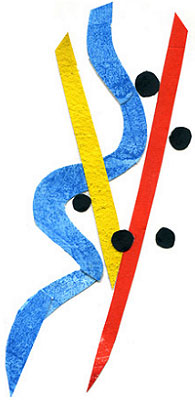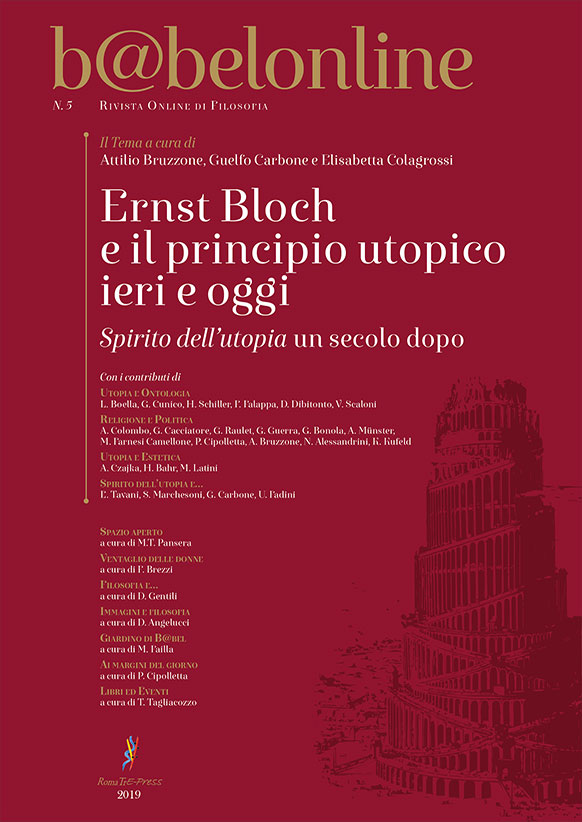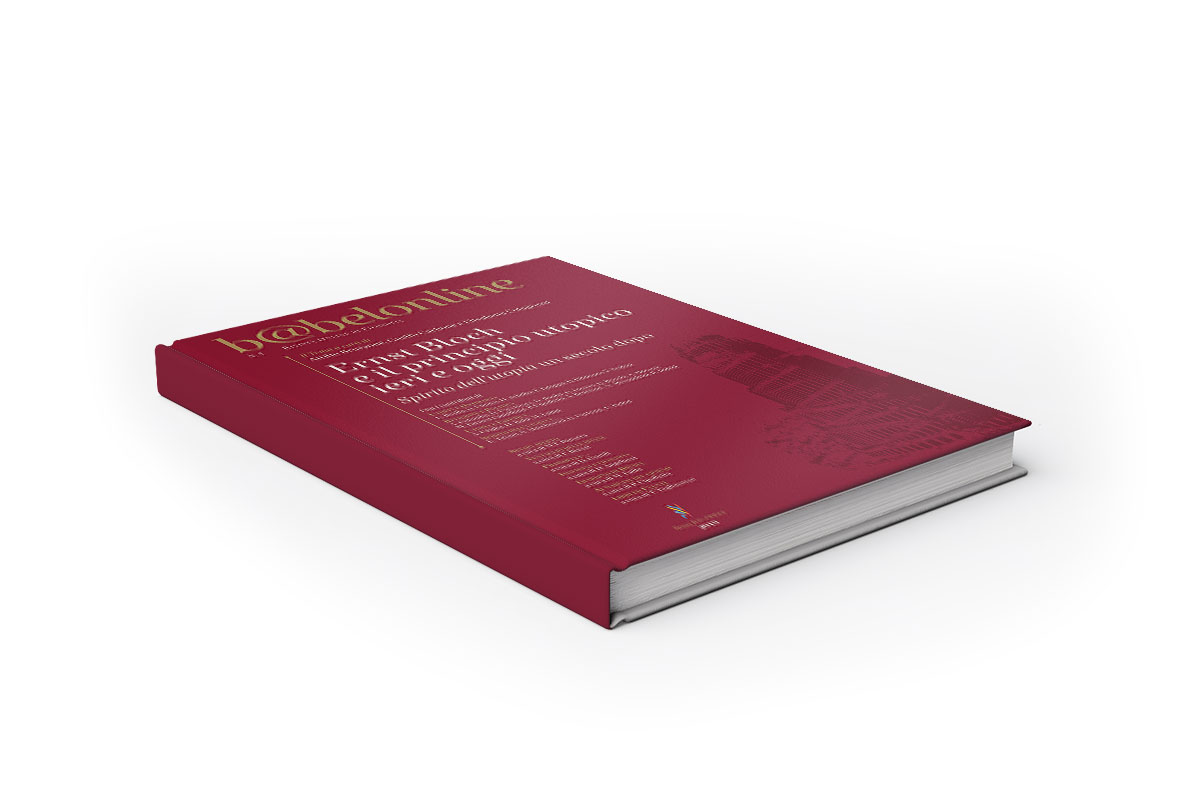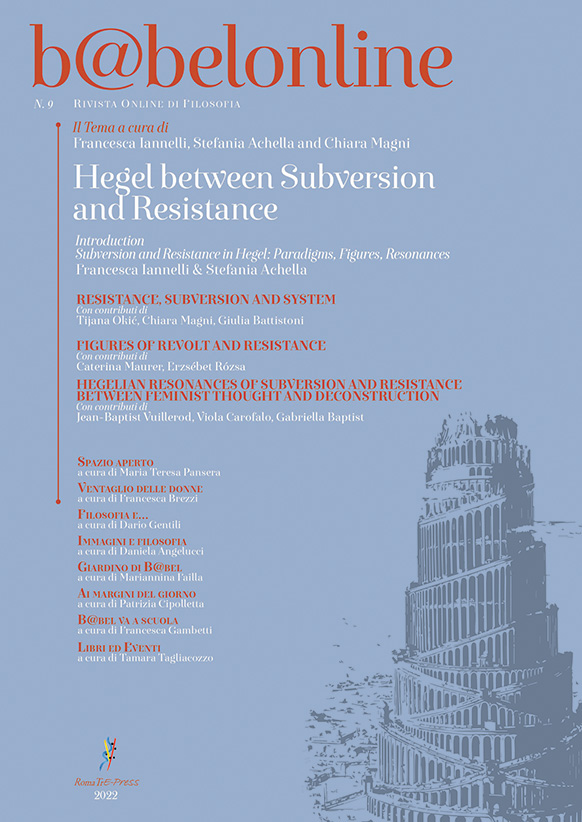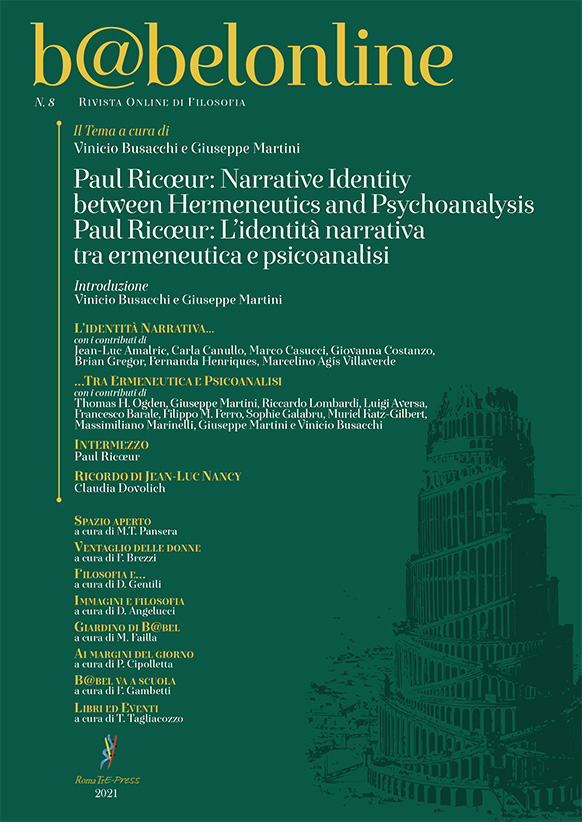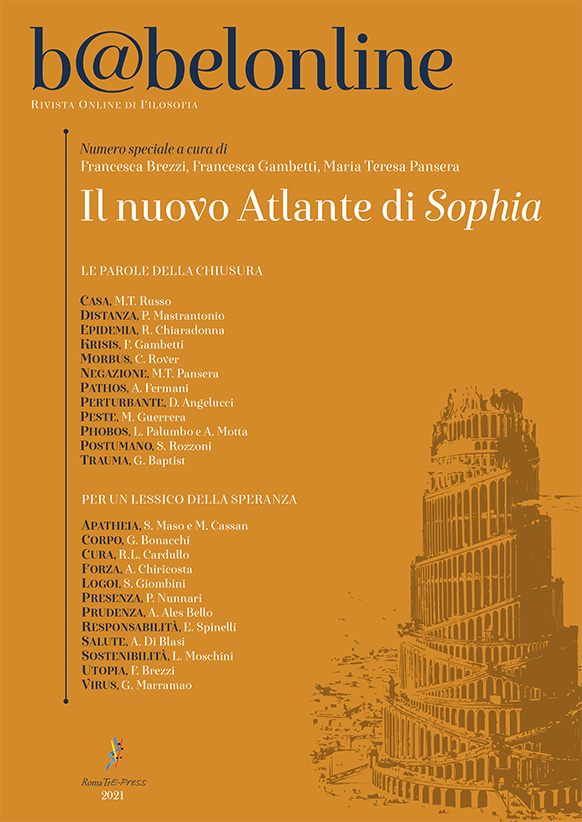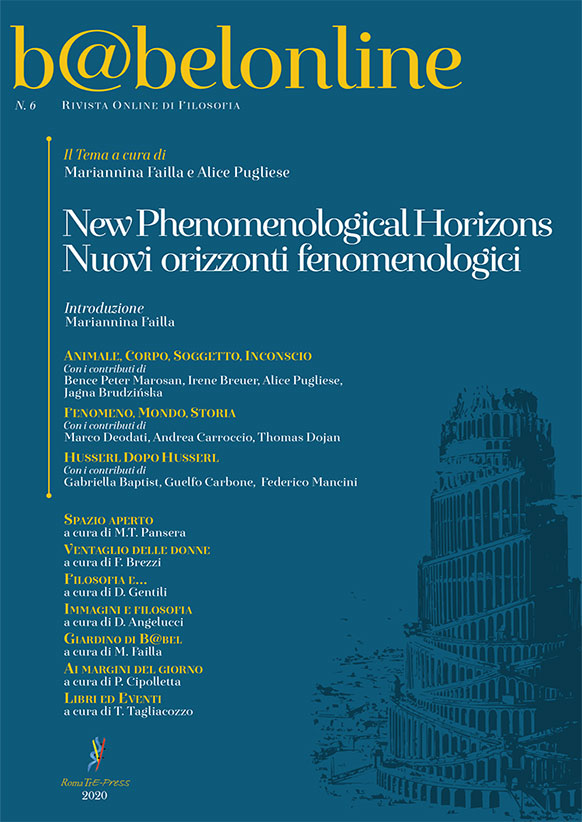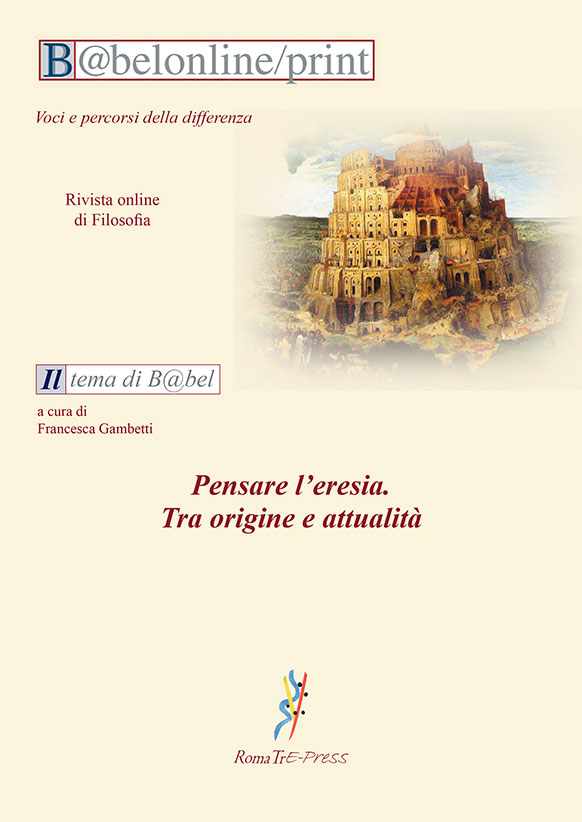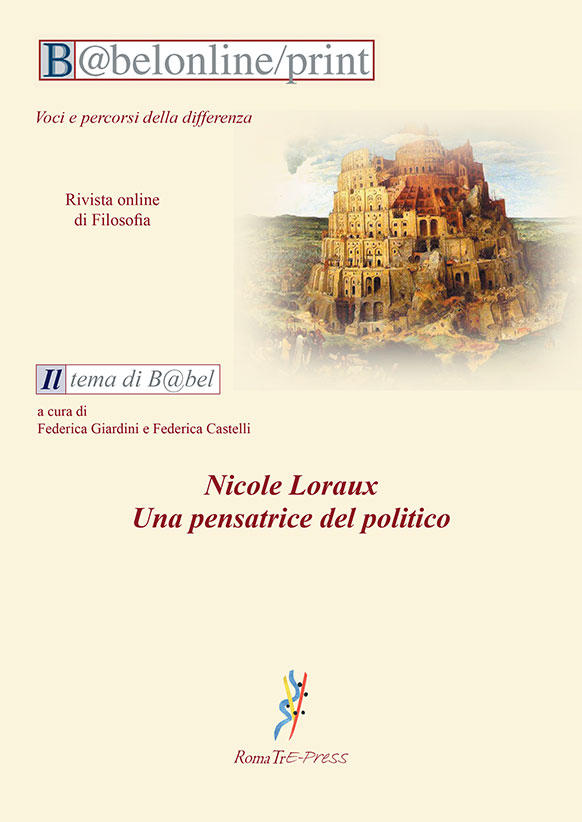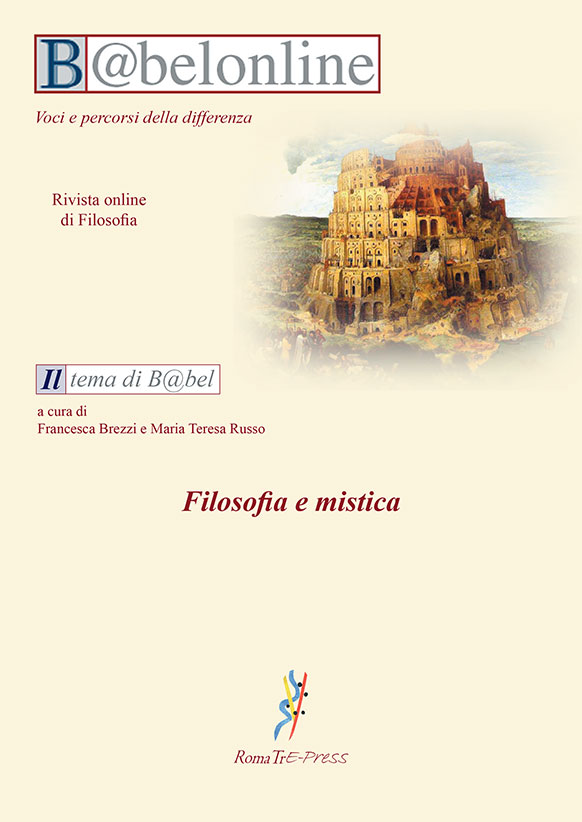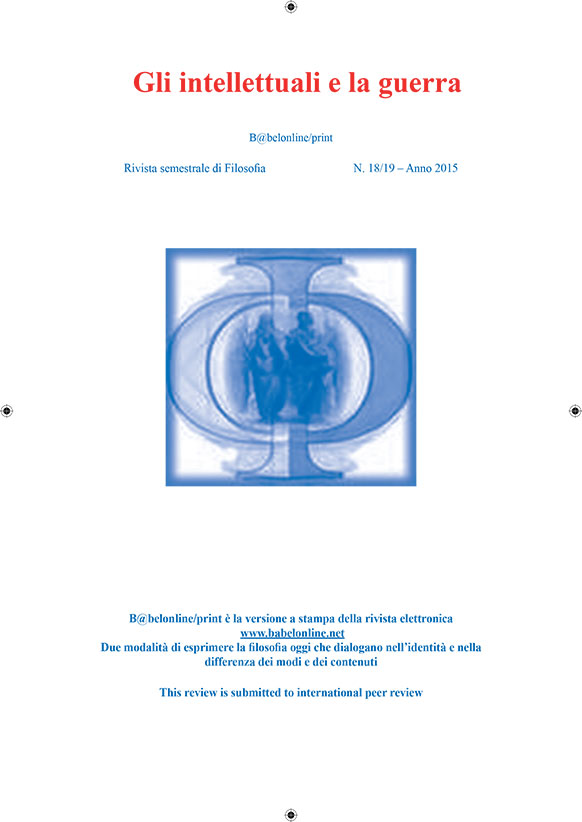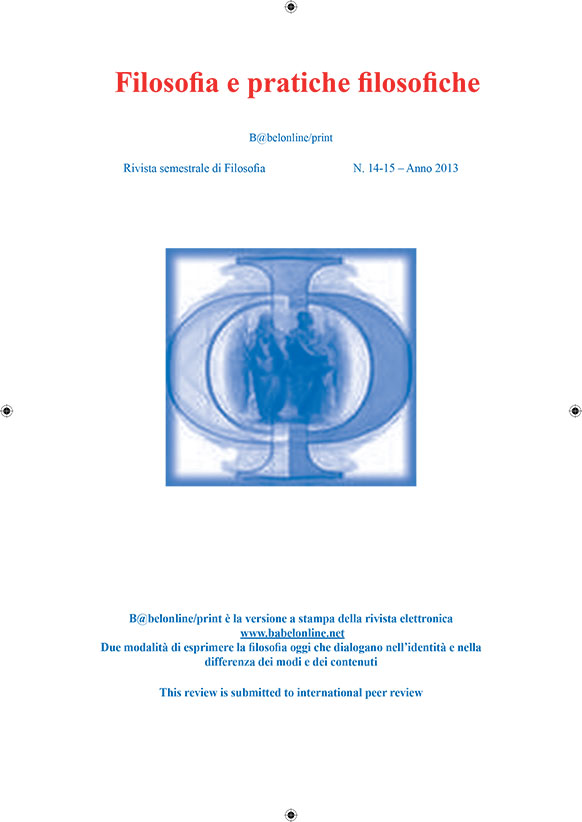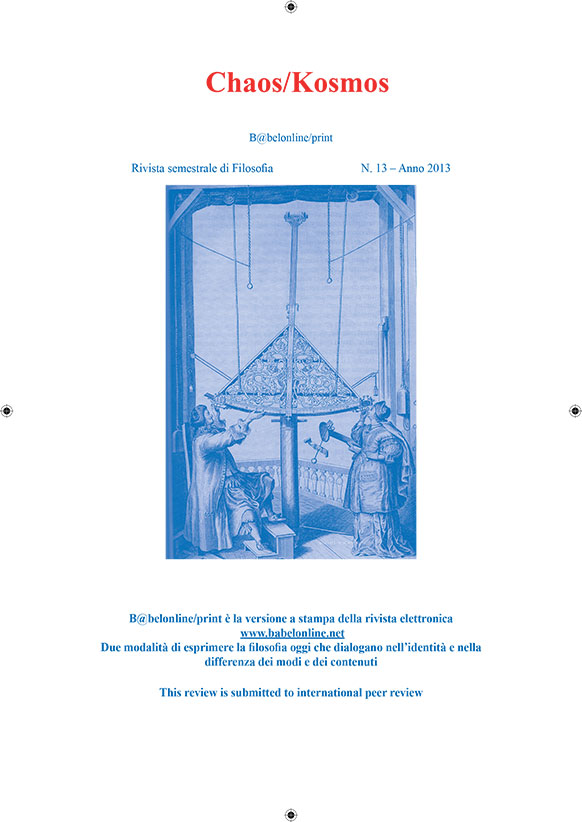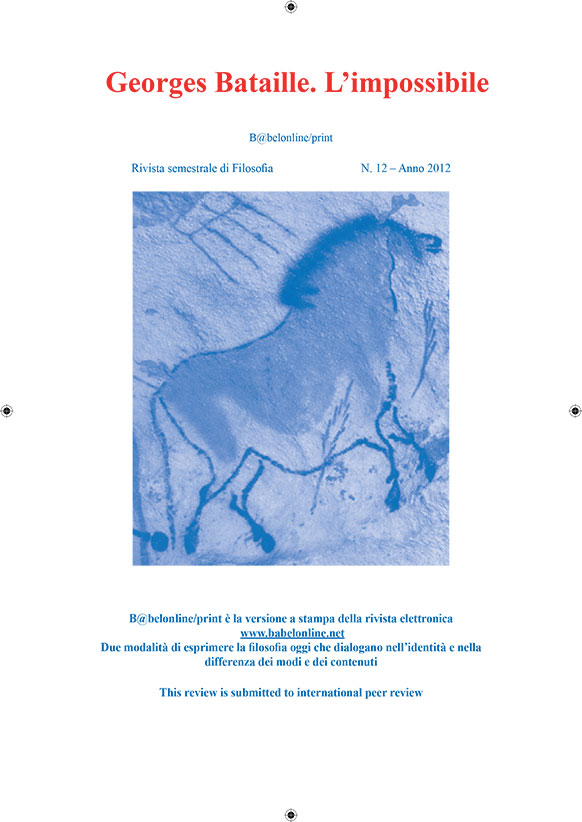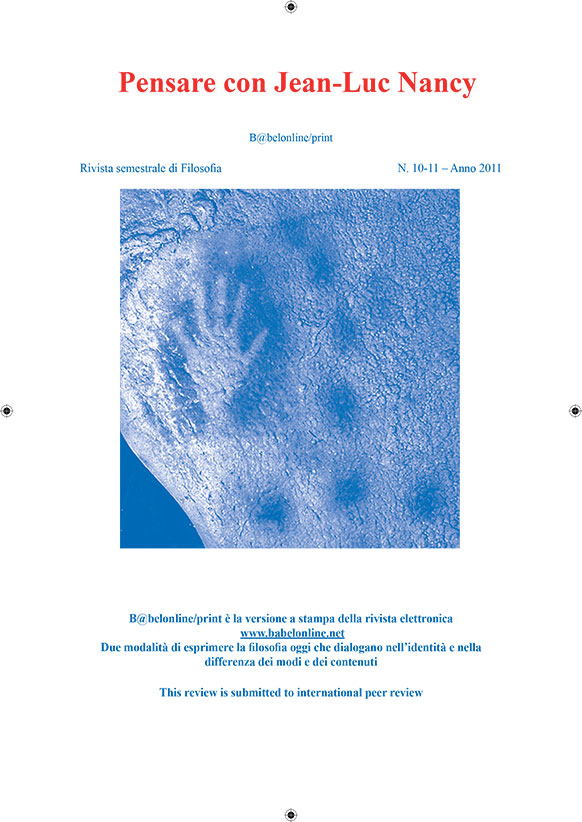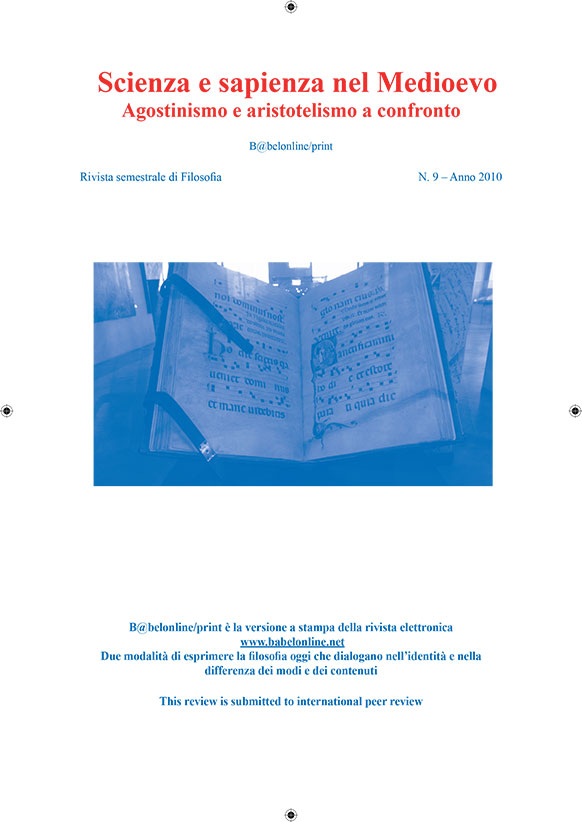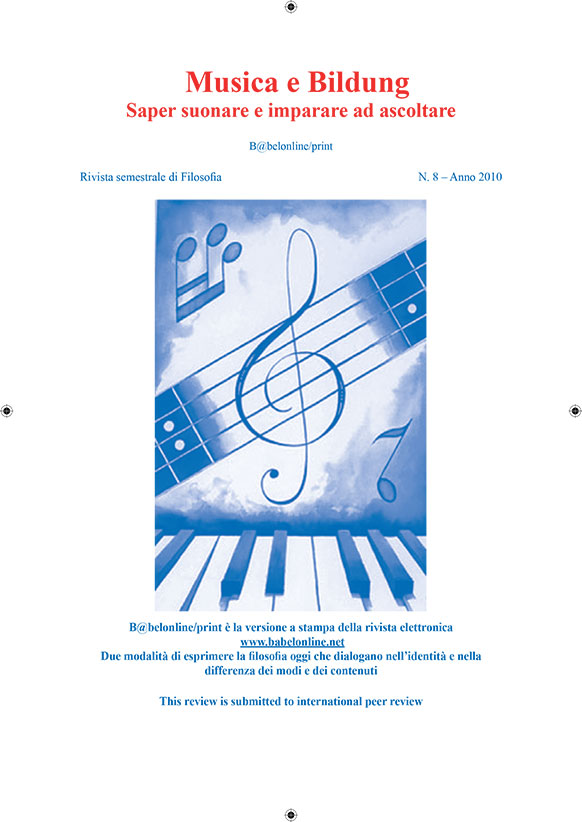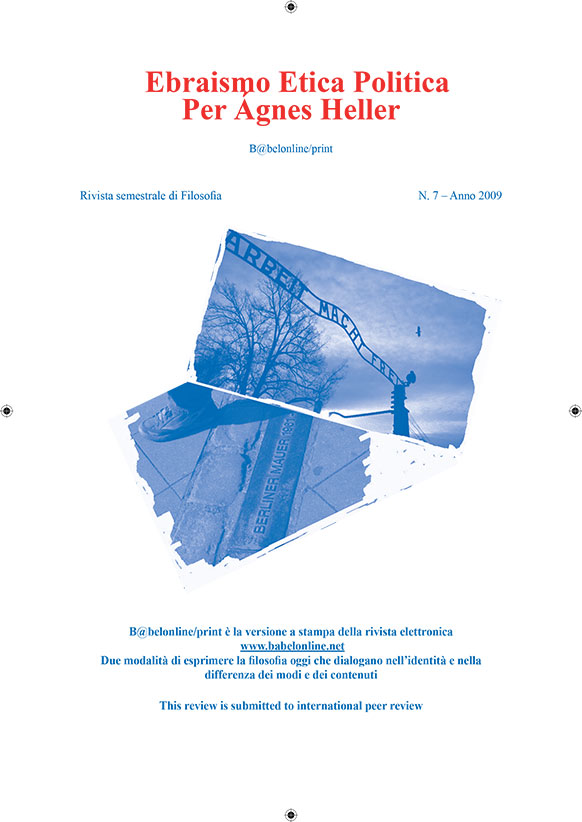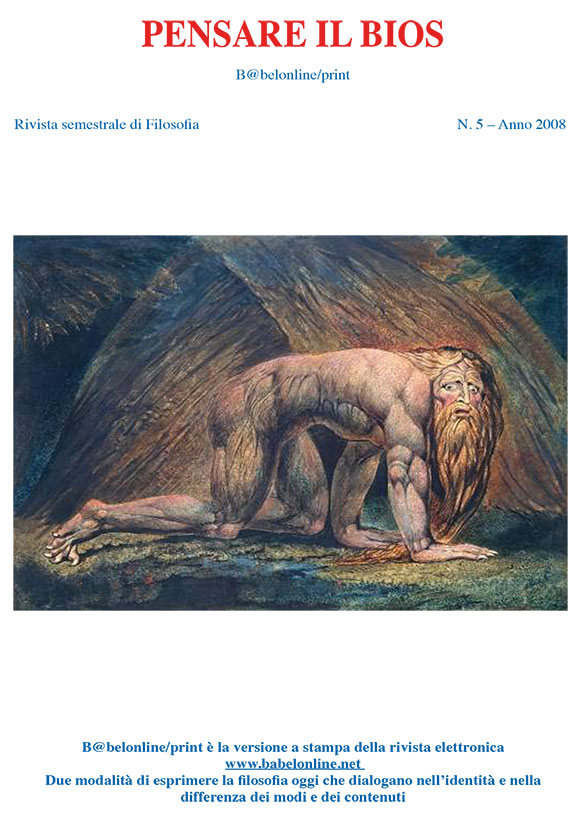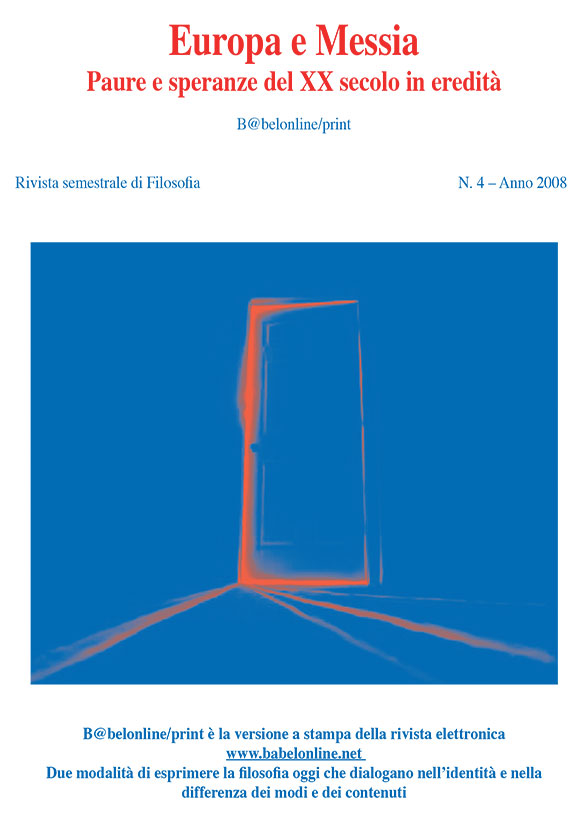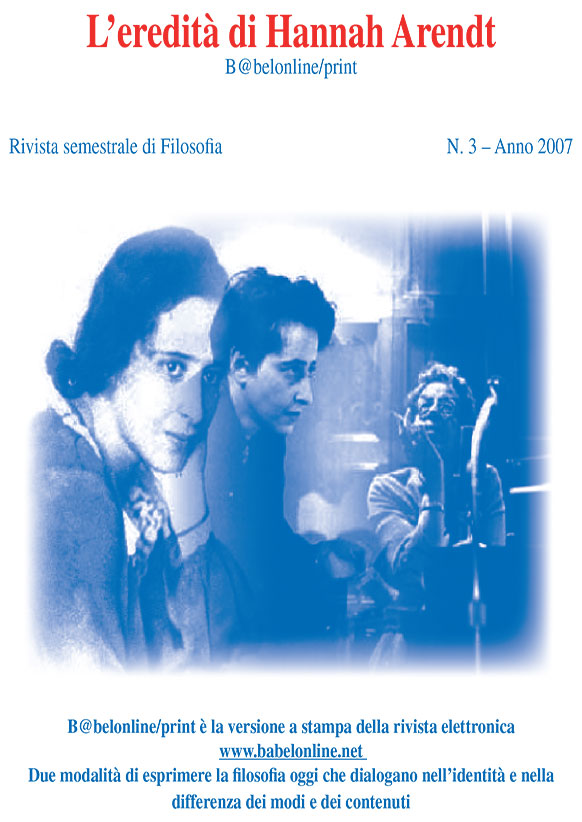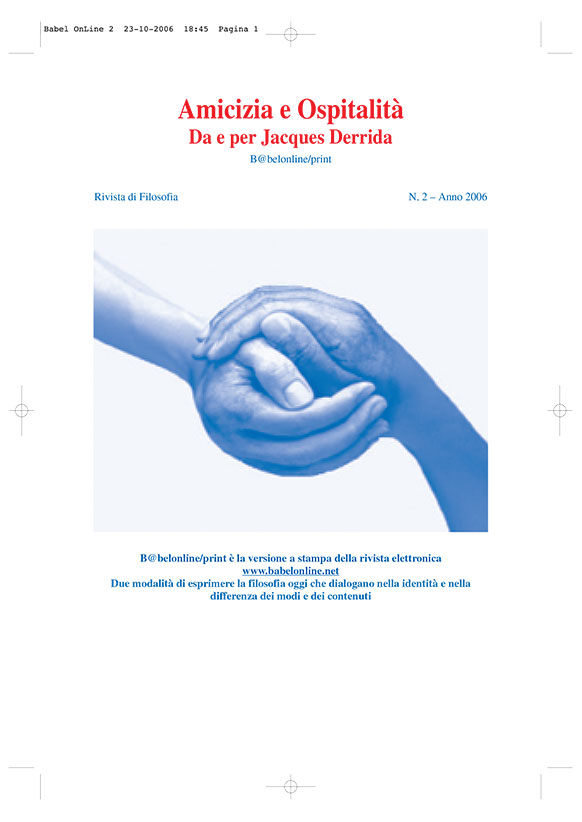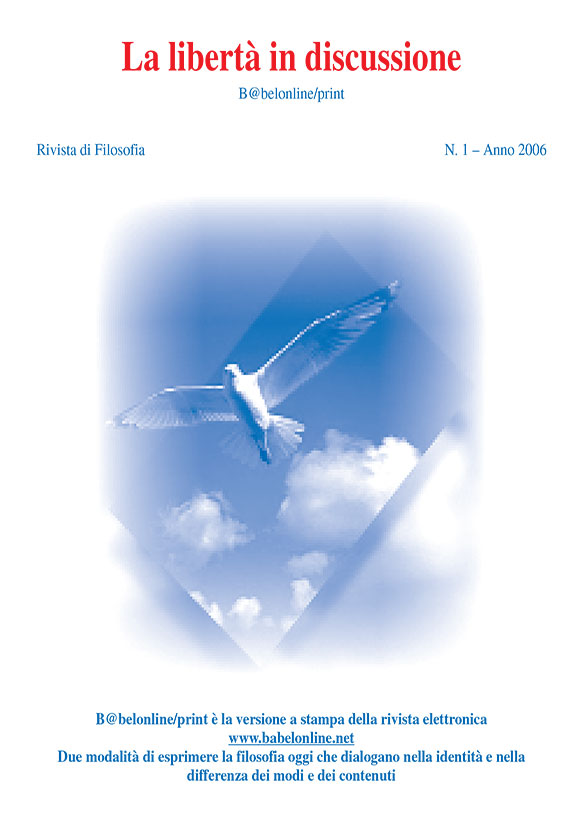«Nur dieser denkende Wunschtraum schafft Wirkliches»: solo questo pensante sogno del desiderio crea qualcosa di reale. Alla ricerca del futuro di Spirito dell’utopia
Daria Dibitonto
Il tema centrale per pensare al futuro di Spirito dell’utopia è il desiderio, espresso sia dalla parola tedesca Sehnsucht sia dalla capacità di inseguire un sogno di stampo utopico (Wunschtraum). L’autrice mostra in che senso la Sehnsucht, in virtù della sua strutturale oscurità, diventi anelito dell’incontro con il sé nell’ornamento, nell’arte figurativa, nella musica, nella filosofia e nella mistica, ovvero nelle esperienze in cui si manifesta il «problema incostruibile del noi». Il desiderio guida la ricerca di incontro con il sé nella parola intima della filosofia e della mistica o nel suono della musica verso un’identità non solo individuale, ma comune a tutti gli esseri umani, che tuttavia rimane sempre in parte oscura, rinviando al mistero che oltrepassa l’umano. Così l’esperienza creativa, che in Spirito dell’utopia è espressa con la metafora del costruire nel blu, è intesa da Bloch come la via che consente all’uomo di creare realtà attraversando angoscia e speranza, incontrando Lucifero con Cristo e giungendo alla “verità come preghiera” grazie al sogno di desiderio (Wunschtraum) che guida verso il sé, inteso però come un noi sempre in divenire e mai realizzato. Una strada il cui senso e la cui attualità sono illustrate nel presente contributo.
The central topic to think of the future of Bloch’s Geist der Utopie is desire, which is meant with the German word Sehnsucht and also with the ability to follow a utopic dream (Wunschtraum). The author shows how Sehnsucht, due to its structural darkness, can be understood as longing for the self-encounter in the ornament, in figurative arts, in music, in philosophy and in mystique, namely in those experiences where the inconstruable we-problem appears. Desire guides the research of the self-encounter in the inner word of philosophy and of mystique, and in the sound of music towards an identity that is not only individual, but also common to every human being, that remains always partly obscure, referring to the mystery exceeding what is human. Thus, the human creative experience, expressed in Geist der Utopie with the metaphor of building into the blue, is seen by Bloch as the way for building reality getting through angst and hope, through the encounter with Lucifer and Christ and arriving at “truth as prayer” thanks to that dream of desire (Wunschtraum) guiding towards the self, that is intended as an always becoming, but never realized “we”. A way whose sense and viability are presented in this paper.
DOI: 10.13134/2531-8624/7


